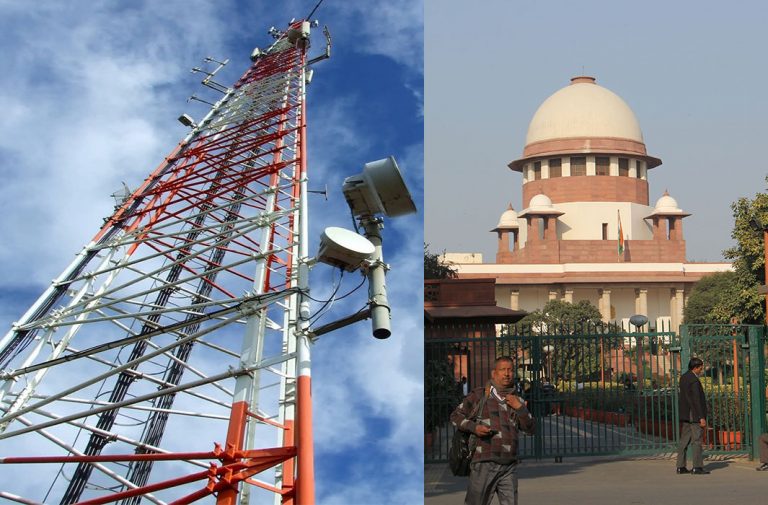
The top court ruled that tendering does not entitle a bidder to get what one has bid for
~By Parsa Venkateshwar Rao Jr
A division bench of the Supreme Court, comprising Justices Dipak Misra and Prafulla Pant recently rejected the plea of Reliance Telecom and others that there was discrimination in the auction of spectrum held in March 2015.
The Court categorically said that once there was a process of competitive bidding, no room existed for judicial intervention, whether the bids were accepted or not.
Justice Misra, who delivered the judgment, referred to a 2014 verdict of the court in Maa Binda Express Carrier and another vs North-East Frontier Railway and others, where it held that “The scope of judicial review in matters relating to award of contract by the State and its instrumentalities is settled by a long line of decisions of this Court. While these decisions clearly recognize that power exercised by the Government and its instrumentalities in regard to allotment of contract is subject to judicial review at the instance of an aggrieved party, submission of a tender in response to a notice inviting such tenders is no more than making an offer which the State or its agencies are under no obligation to accept. The bidders participating in the tender process cannot, therefore, insist that their tenders should be accepted simply because a given tender is the highest or lowest depending upon whether the contract is for sale of public property or for execution of works on behalf of the Government…”
Justice Misra cited the judgment further: “All that participating bidders are entitled to is a fair, equal and non-discriminatory treatment in the matter of evaluation of their tenders. It is also fairly well-settled that award of a contract is essentially a commercial transaction which must be determined on the basis of consideration that are relevant to such commercial decision. This implies that terms subject to which tenders are invited are not open to the judicial scrutiny unless it is found that the same have been tailor made to benefit any particular tenderer or class of tenderers.”
The contention of petitioners was that by insisting that the bidders should buy specific quantum of spectrum which the service provider does not need is discriminating because the existing players which already hold certain quantum would not benefit, and it helps only the new players. The court, however, did not agree with the view. It also did not accept the argument that the government was holding back spectrum and not putting the entire spectrum up for auction and this was arbitrary. They also alleged that the government did not follow the recommendations of the Telecom Regulatory Authority of India (TRAI) issued in 2014.
The government contended that the entire spectrum allocation was solely based on the premise of public interest.
Misra also cited the 2015 verdict of the court in Census Commissioner and Others vs R Krishnamurthy, where a three-judge bench of the top court after noting several decisions, held that “it is not within the domain of the courts to embark upon an enquiry as to whether a particular public policy is wise and acceptable or whether a better policy could be evolved. The court can only interfere if the policy framed is absolutely capricious or not informed by reasons or totally arbitrary and founded ipse dixit offending the basic requirement of Article 14 of the Constitution. In certain matters, as often said, there can be opinions and opinions but the Court is not expected to sit as an appellate authority on an opinion.”
The court rejected the argument of the petitioners that as those holding spectrum, they had “legitimate expectation” of not being excluded from fresh auctions. It said, “The principle of “legitimate expectation” can never override public interest and when there is a larger public interest, the question of legitimate expectation does not arise…”
The court also referred to the issue of putting a cap on the spectrum that can be made available to any one service provider: “…the condition to put a cap and make a classification not allowing certain entities to bid is not an arbitrary one as it is based on the acceptable rationale of serving the cause of public interest. It allowed new entrants and enabled the existing entities to increase their cap to make the service more efficient.”
The Court ruled the government’s explanation for not putting the entire spectrum for auction as “reasonable” and observed that it did not amount to hoarding of spectrum. Misra said: “The Court cannot interfere with the tender conditions only on the ground that certain amount of spectrum has not been put to auction.”
The judgment is available at http://supremecourtofindia.nic.in/FileServer/2017-01-12_1484218844.pdf
Lead picture: The Supreme Court ruled that auctioning of spectrum by the centre in 2015 was based on public interest. Photo Supreme Court: Bhavana Gaur

